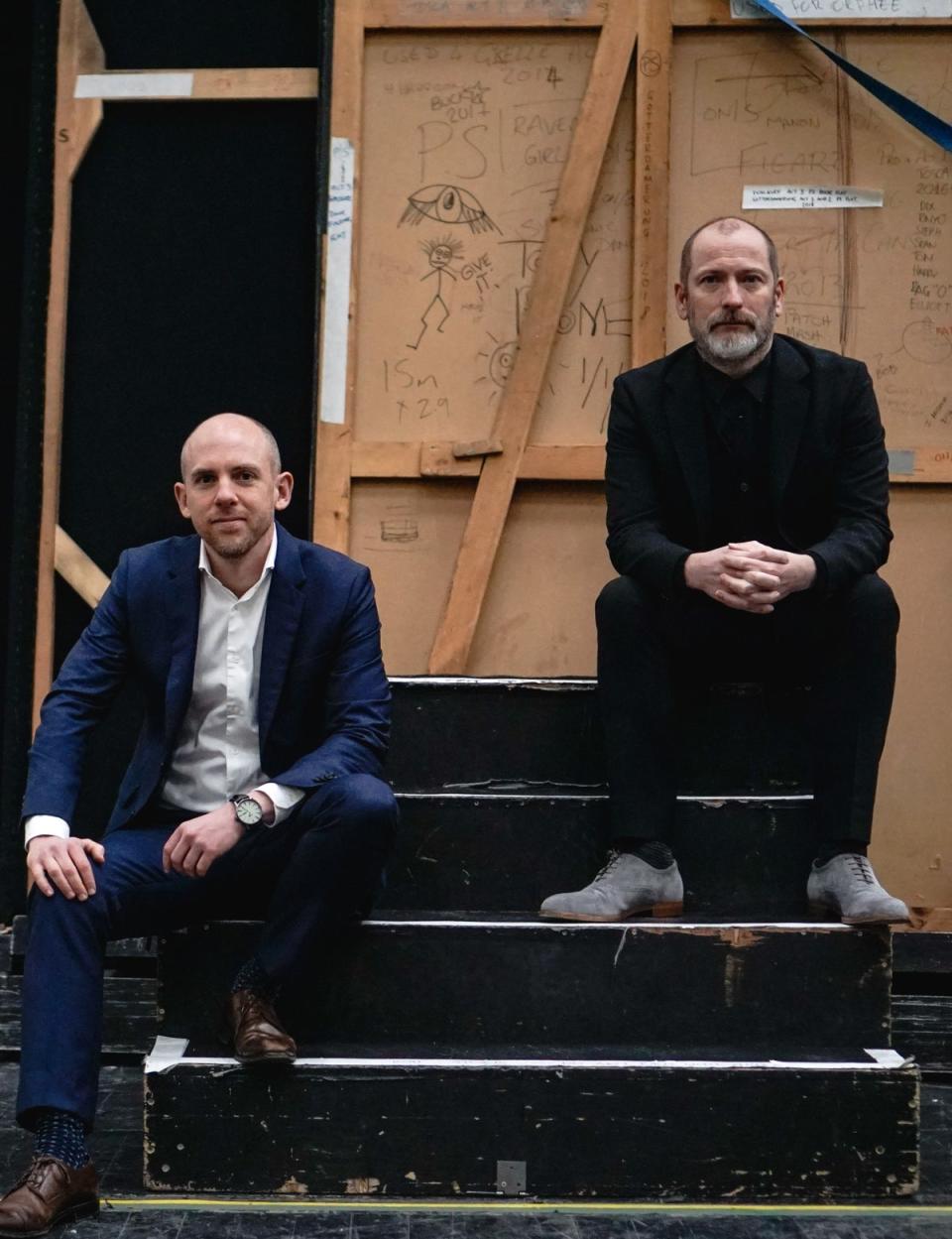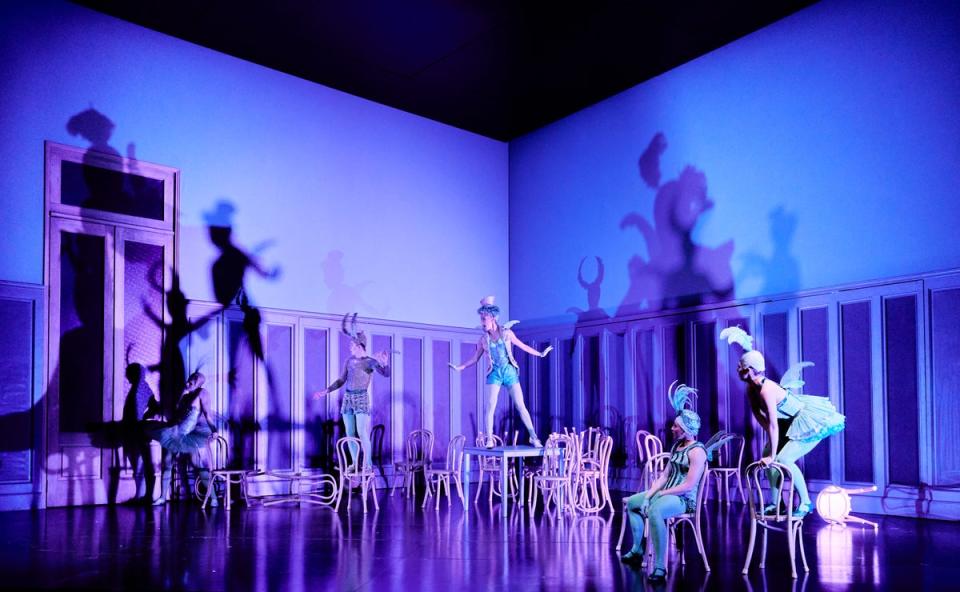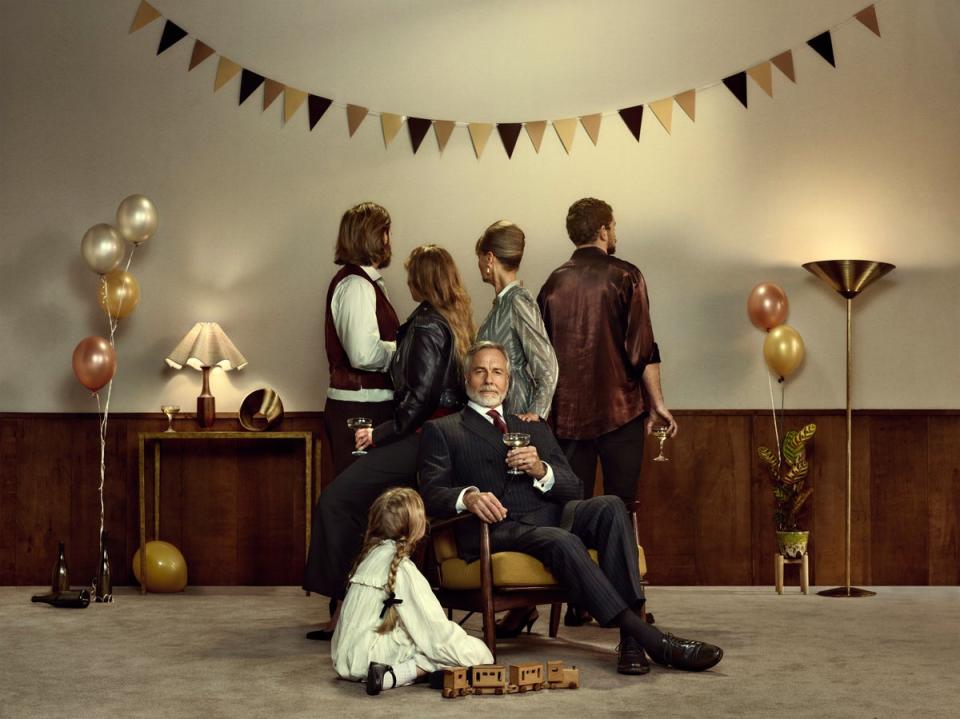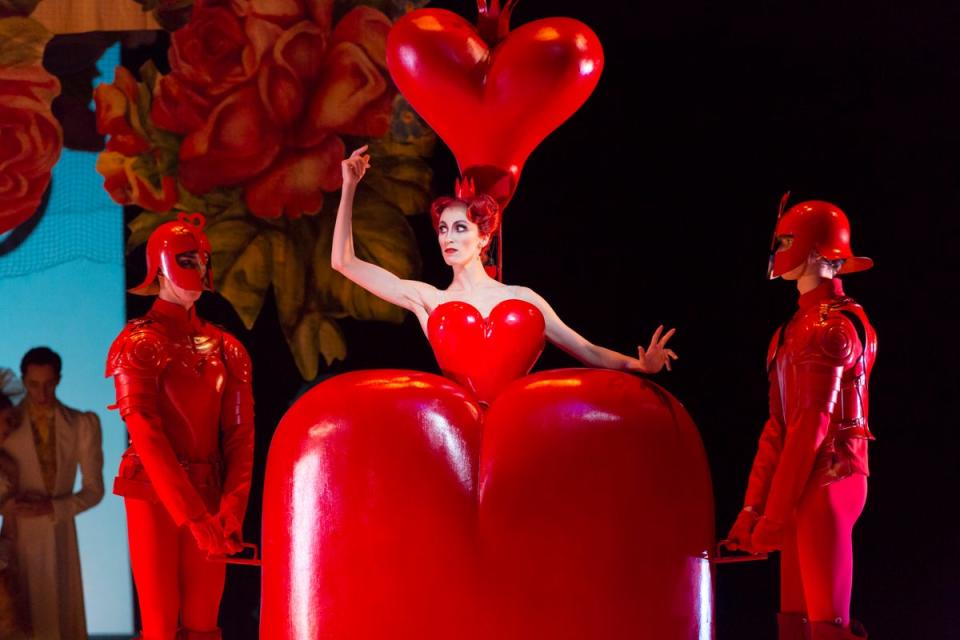The Royal Opera House is to change its name to bring ballet on par with opera, in a move Covent Garden bosses say is “overdue”.
The organization will be known as the Royal Ballet and Opera from the new season, which starts in September (although the building will remain the Royal Opera House). It may not have changed much, but it is a big change for the ballet company.
Oliver Mears, head of the Royal Opera House, says, “It’s long overdue. It is now recognized that both companies are equally important in the institution.”
Kevin O’Hare, head of the Royal Ballet, says, “We are equal in this building, as we have always been, so this is a moment to say that. We are very happy.”
He continued, “We work very well together that way; we’re very different companies, but we’re working the best we’ve ever worked together.”

Mears says the relationship has historically been “sometimes, adversarial, fighting over the same period in the schedule, but that has changed. And that’s a good way to acknowledge it.”
So, at this moment, where do we find the two companies? “It’s great that we can go along with the name change with a level of confidence in the program that we’re offering because it’s no secret that opera has come under fire in the last few years,” Mears says. .
“It is important for us to say that the work we are doing is really important, very exciting, very dramatic and musical at a first class level. We have new productions, new works and the best singers in the world on our stage.”
It has been a difficult few years for the sector with brutal funding cuts, especially to English National Opera, but also to Glyndebourne and the National Operas of Wales. The Royal Opera also worked out that revenue fell by 20% in real terms.
“That’s a big deal in the context of high inflation, everything is getting more expensive. As a result of the cutback and inflation, we are more financially constrained than ever before,” says Mears.


It continues to be a big problem with the perception that opera is ‘frivolous’ and ‘irrelevant’. “But I think the work we’re presenting challenges those preconceptions that are usually presented without any evidence.”
The 2024/25 season, which starts in September, certainly challenges those preconceptions. It includes Festen by Mark-Anthony Turnage, who also wrote the work Anna Nicole. “Mark wants to touch people. He wants a musical to be as appealing as possible to a modern audience, and that’s why he chose this material,” says Mears.
Based on the 1998 Danish film by Thomas Vinterberg, Festen deals with challenging subjects from domestic violence and alcoholism to racism and child abuse. “There’s no escaping the fact that these are realities, and a musical is nothing if it doesn’t deal with realities, however bleak and disturbing they may be,” says Mears.
“These are big themes and a musical is about big themes, big emotions. The most popular operas in the repertoire – La Traviata, La Bohème, Carmen – deal with difficult subjects. This is going to be an exciting, exciting night.”
In the smaller Linbury Theatre, the Royal Opera will stage two semi-autobiographical works by Leonard Bernstein: Trouble in Tahiti and A Quiet Place. This, Mears joke, was not following after the great movie Maestro, because of the composer. He originally planned to stage them earlier, but the pandemic delayed them. “It’s amazing that we are doing them after the release of the film. Everyone knows about Bernstein now.”


There will be a new staging of Eugene Onegin by Tchaikovsky and The Tales of Hoffmann by Offenbach. After Das Rheingold, director Barry Kosky returns to Wagner with the second installment of the Ring Die Walküre cycle. Antonio Pappano is the outgoing music director of the Royal Opera. Mears himself will conduct Semele Handel.
Returning is La Boheme, marking the centenary of Puccini’s death, as well as Tosca, La Traviata, Aida and The Marriage of Figaro.
At the Royal Ballet, Wayne McGregor will continue his wonderful Woolf Works and The Dante Project shows with the European premiere of MaddAddam based on the book by Margaret Atwood. “It’s a big meaty subject, exciting in scale and epic,” says O’Hare. “Margaret Atwood was involved – she gave Wayne carte blanche. She loves to dance. She thinks it can go to the heart of her work.”
Choreographers returning to the Royal Ballet include Crystal Pite, with The Statement and Light of Passage, and Kyle Abraham with The Weathering. Pam Tanowitz is creating a new work as is Joseph Toonga.
The season opens with Alice’s Adventures in Wonderland, and there will be an exhibition of Christopher Wheeldon’s work in a mixed program called Ballet to Broadway. The Christmas show will not be The Nutcracker but Cinderella instead.


“To give the audience something else,” says O’Hare, “they might see two things: The Nutcracker somewhere else and then see us go to Cinderella. It’s nice to have the option.”
Mears adds, “There is a high level of confidence in what both companies do. In recent years there has been a hunger and desire for new work. Unlike what has been written recently is from an older audience, who want to see something new. On the contrary, it is the Carmens, Bohèmes, Toscas that attract new audiences.”
I ask how the organization has changed in recent years. “The whole organization is much more approachable since I started in 2017,” says Mears. “Our audience is much younger since Covid. We have done a lot of work welcoming people, making work more attractive. And with the Linbury we can take more risks. This place has changed in the last ten years.”
For more information visit roh.org.uk